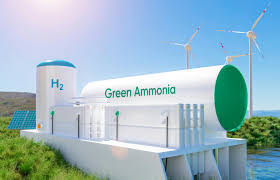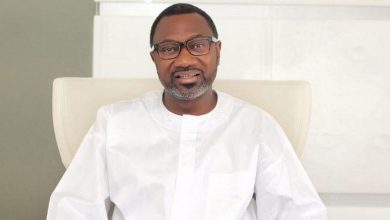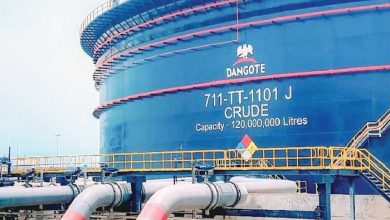DBN Disburses ₦49bn to Over 700,000 MSMEs, Targets 2 Million by 2030 in New Strategy
The Development Bank of Nigeria has disbursed ₦49 billion to MSMEs, creating 1.2 million jobs in 2024.
Most beneficiaries were women and youth, with a five-year plan targeting deeper financial inclusion.
The Development Bank of Nigeria (DBN) has disbursed over ₦49 billion to underserved regions across the country, financing more than 711,000 micro, small, and medium enterprises (MSMEs) and contributing to the creation of over 1.2 million jobs in 2024.
Announcing the figures in Lagos on Wednesday, DBN Managing Director Dr. Tony Okpanachi said the bank’s mission remains centered on inclusive economic development and deepening financial access for disadvantaged populations. The cumulative total of DBN’s funding now exceeds ₦1 trillion since inception.
Of the MSMEs supported in 2024, 74% were women-led businesses, while 25% were owned by youths, according to Okpanachi. The bank also provided technical assistance and training to over 9,500 MSMEs, helping business owners improve operational capacity and access to credit.
“Our strategy has always emphasized inclusivity. We deliberately targeted marginalized regions to spur job creation and reduce inequality,” he noted.
Among the most impacted states were Borno, Yobe, Adamawa, Zamfara, and Katsina, where DBN disbursed over ₦49 billion to more than 69,000 MSMEs operating in challenging economic environments.
Looking ahead, DBN has unveiled a five-year strategic roadmap that aims to:
- Support at least 2 million MSMEs nationwide
- Expand green financing to ₦100 billion
- Issue ₦500 billion in credit guarantees
- Maintain a ₦1 trillion outstanding loan portfolio
- Attract up to ₦1.3 trillion in debt and equity capital
“We want to drive economic inclusion through financial and technical assistance while ensuring sustainability,” said Okpanachi.
To support this scale-up, DBN works with 79 Participating Financial Institutions (PFIs), including commercial banks, microfinance banks, and merchant banks. Twenty of these PFIs received technical training from DBN to enhance their MSME-lending capabilities.
The bank’s model integrates lending with capacity-building services. In 2024 alone, over 9,500 entrepreneurs underwent business training through DBN’s advisory and technical assistance arm. The focus, Okpanachi explained, is not only to fund businesses but to ensure they survive, grow, and scale.
“Capacity building is a pillar of our operations. MSMEs must be trained and prepared to manage funds efficiently,” he stated.
To cushion lending risks and encourage more MSME financing, DBN is also expanding its credit guarantee operations, with a target of ₦500 billion in guarantees to boost lender confidence. This initiative is expected to increase formal financing opportunities for small businesses, especially in high-risk zones.
Meanwhile, some stakeholders have urged DBN to further widen its disbursement, given that many Nigerian businesses are struggling under the weight of high interest rates from commercial banks. Entrepreneur Oluchi Blessing commented, “More funds need to reach grassroots entrepreneurs. Many SMEs can’t survive the cost of traditional lending.”
DBN update comes as the federal government also moves to disburse the $350 million Cabotage Vessel Financing Fund (CVFF), signaling a broader national shift toward developmental financing.
According to the Ministry of Finance, the release of the CVFF held by the Central Bank of Nigeria will help reposition the maritime sector, drive job creation, and support Nigeria’s ambition to become a key logistics hub in Africa.



